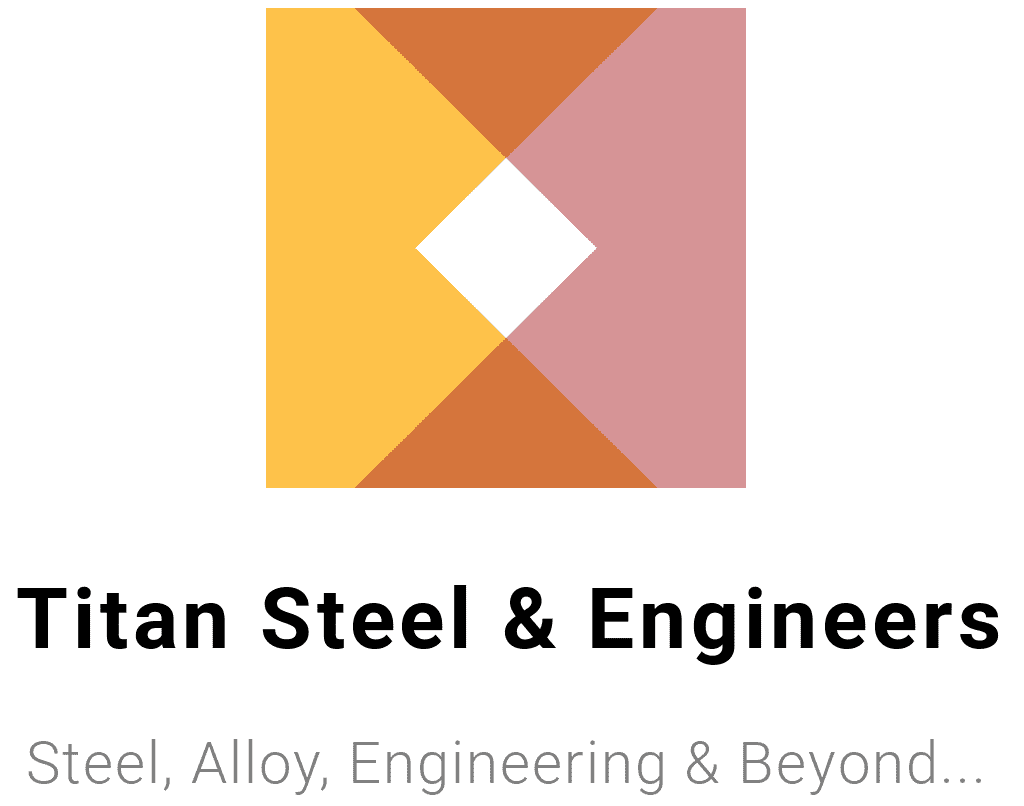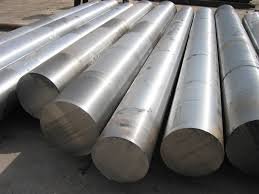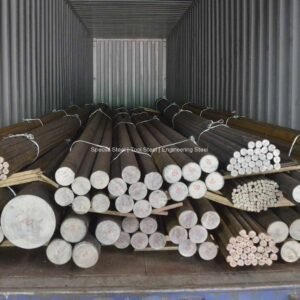Description
C55 Steel: Explanation, Applications, and Grades
Introduction to C55 Steel:
C55 is a high-carbon steel under the EN 10083-2 standard, with a carbon content around 0.52% to 0.60%, designed for applications requiring high hardness and strength after heat treatment. This steel grade stands out for its balance of toughness and wear resistance, particularly after quenching and tempering. Unlike low and medium carbon steels, C55 offers superior hardness, making it an excellent choice for applications with higher mechanical stress and exposure to wear. While C55 is less ductile due to its high carbon content, it is well-suited for components that do not require extensive deformation or welding. C55 can also be induction or flame hardened to enhance surface hardness while maintaining a relatively tough core.
Properties of C55 Steel:
C55 provides excellent hardness, good tensile strength, and moderate toughness in its quenched and tempered form. This high-carbon steel is especially useful where surface wear resistance is essential, and it responds well to machining, provided it is done in the annealed condition to prevent cracking. Although it has limited weldability, preheating can help in applications where welding is necessary. Due to its high carbon content, C55 is commonly used in industries requiring robust materials that can handle significant wear and high mechanical loads.
Applications of C55 Steel
- Industrial Tooling:
C55 is ideal for hand tools and industrial tooling that require edge retention, such as hammers, chisels, and screwdrivers. The steel’s high hardness ensures that these tools maintain their integrity and performance under continuous use. - Automotive and Engine Components:
C55 is commonly used in automotive applications, especially in components like crankshafts, camshafts, and connecting rods, which require both durability and wear resistance. - Machine Parts and Fasteners:
This steel grade is suitable for machine components, such as shafts, gears, and pins. These parts benefit from C55’s wear resistance and tensile strength, especially when used in high-stress conditions. - Agricultural Machinery:
In agricultural equipment, C55 is used for components that encounter abrasive soil or plant material, such as plowshares, tillers, and blades. The material’s hardness allows it to withstand frequent impact and abrasive conditions. - Engineering and Construction Applications:
C55 is widely used in construction for parts like bolts, nuts, and other fasteners where high tensile strength is needed. In engineering applications, C55 is valued for its ability to maintain structural integrity under high load conditions. - Forging Applications:
Due to its strength and toughness, C55 is suitable for making forged parts like crankshafts and axles. After heat treatment, these components exhibit the high hardness required for applications with repetitive loading.
Grades of C55 Steel and Their Properties
| Grade | Material Type | Common Applications | Properties |
|---|---|---|---|
| C55 | High Carbon Steel | Automotive parts, tools, shafts | High hardness, moderate toughness, wear resistance |
| C55E | Quenched and Tempered Carbon Steel | Gears, axles, pins | Enhanced hardness, surface wear resistance |
| AISI 1055 | Equivalent High Carbon Steel | Hammers, chisels, and hand tools | Strong edge retention, excellent impact resistance |
| CK55 | High Purity Carbon Steel | Agricultural machinery, machine parts | Consistent hardness, high strength |
| DIN 1.1203 | European Standard High Carbon Steel | Construction fasteners, engineering parts | Increased tensile strength, reliable wear resistance |
| S55C | Japanese Standard High Carbon Steel | Machine components, automotive industry | High surface hardness, moderate machinability |
| EN9 | Medium/High Carbon Engineering Steel | Engineering applications, forging parts | Strong toughness, suitable for heat treatment |
| EN8D | Medium Carbon Engineering Steel | Tooling, agricultural machinery | Balanced toughness, moderate weldability |
Key Benefits of C55 Steel
- High Hardness and Wear Resistance: C55’s high carbon content allows it to be heat-treated to achieve substantial hardness, making it suitable for applications with high wear.
- Tensile Strength: C55 provides excellent tensile strength, which is valuable in parts exposed to high stress.
- Machinability in Annealed Condition: The steel can be efficiently machined in its softened state, though machining after hardening may require specialized tools.
- Enhanced Edge Retention: The material’s hardness is especially beneficial in tooling applications, where edge retention is crucial for performance.






